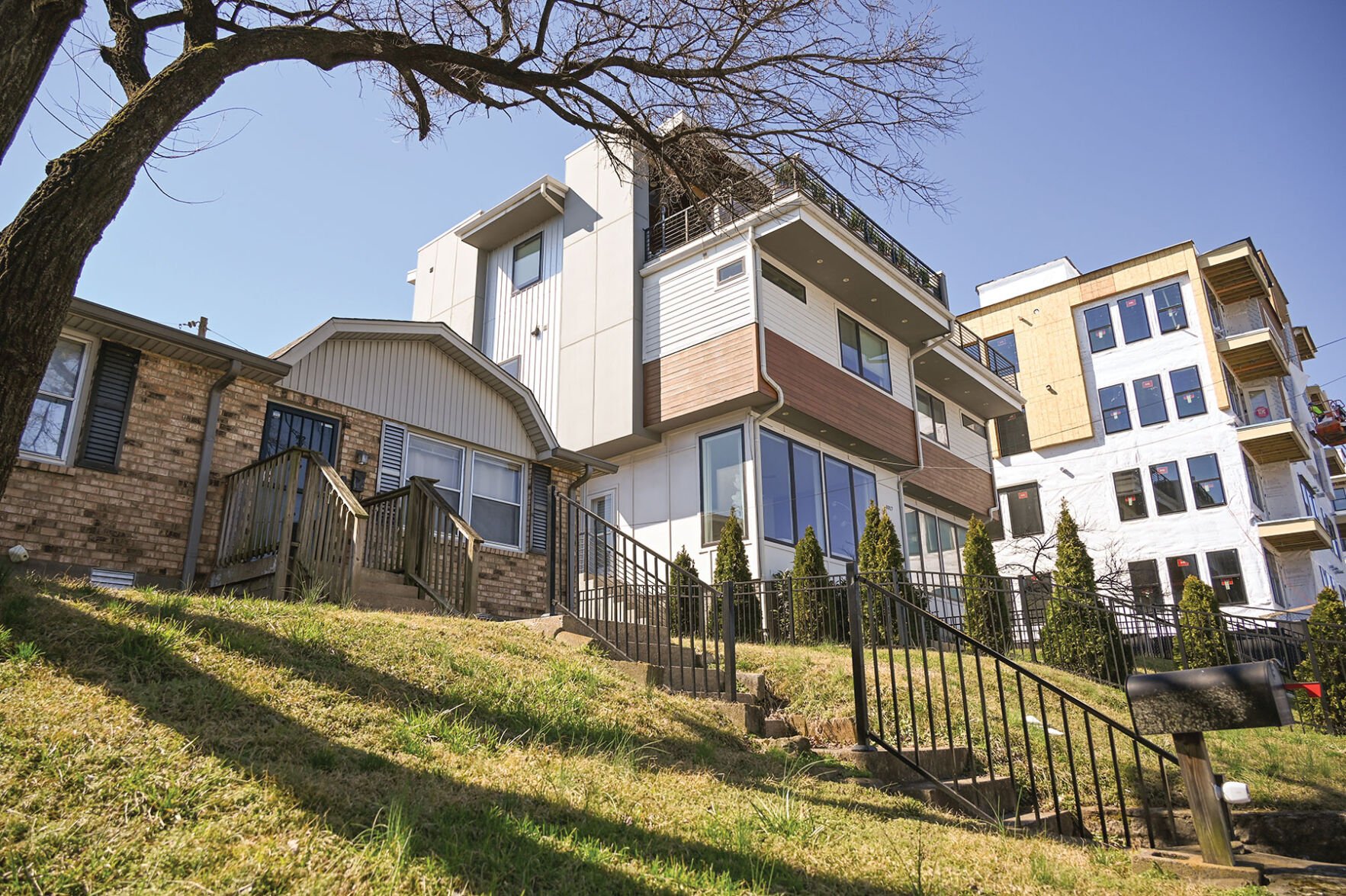Property appraisals released last week put numbers to a countywide real estate boom. The reappraisal process, which happens every four years by the Davidson County tax assessor, showed increases of 38 to 54 percent by council district. An adjustment in the tax rate by the Metro Council typically follows reappraisals, allowing the city to increase revenue to fund its growing budget.
Vivian Wilhoite tours county as the tax assessor’s office prepares new appraisals
Before the mayor or Metro councilmembers have even proposed a higher tax rate, three perennial anti-tax activist groups announced their opposition to any rate increase. Americans for Prosperity, GOP-Nashville and the Nashville Tea Party — the latter represented by longtime anti-tax activist Ben Cunningham — plan to rally against a still-hypothetical tax increase at the Nashville Public Library downtown during Mayor Freddie O’Connell’s annual State of Metro address on Thursday, May 1. In a press release, Cunningham — who has actively opposed taxation in Tennessee since at least the late 1990s — referred to any proposed tax hike as the “final straw” of “overtaxation.”
Many of the same individuals and groups fought the last property tax increase under then-Mayor John Cooper. In addition to a countywide rate — set at $2.95 per $100 of assessed value (25 percent of the appraised value for residential property) under Cooper — owners in the city’s Urban Services District pay an additional services layer, bringing the USD rate to around $3.25 per $100 of assessed value. Satellite cities like Belle Meade and Goodlettsville have an even higher additional rate. The Davidson County tax rate still remains far below highs of the early 2000s, in part a consequence of former Mayor Megan Barry’s decision not to raise the tax rate after the Metro’s 2017 reappraisal.
Sharp property value increases since 2021, the last appraisal year, reflect the latest chapter in Nashville’s ongoing real estate boom and housing supply crunch. Owning property in Davidson County continues to be a goldmine, a fact affirmed by reappraisals that vastly outpaced inflation over the same period.
Housing diversity is seen as key to alleviating catastrophic home prices
Simply reappraising property values, however, does not lead to a higher tax bill for homeowners because of Tennessee’s “revenue neutral” property tax requirement, itself a safeguard against governments taxing property owners. Per state law, Nashville’s total tax revenue must remain the same year over year absent a legislated rate increase — so this year’s reappraisals would automatically lower owners’ tax rate to keep total revenue the same.
This equation forces local governments like Nashville to directly increase the tax rate following a reappraisal in order to increase revenue. Because real estate values have increased so sharply, bringing Nashville’s current tax rate to or even below previous years’ rates would require a large rate increase.
Property taxes make up the majority of city income and usually fall around $2 or $3 per $100 of assessed property value. Urban counties like Shelby, Montgomery and Davidson, which provide more public services than rural counterparts, fall on the higher end of Tennessee’s tax spectrum. Rural counties fall on the lower end.







